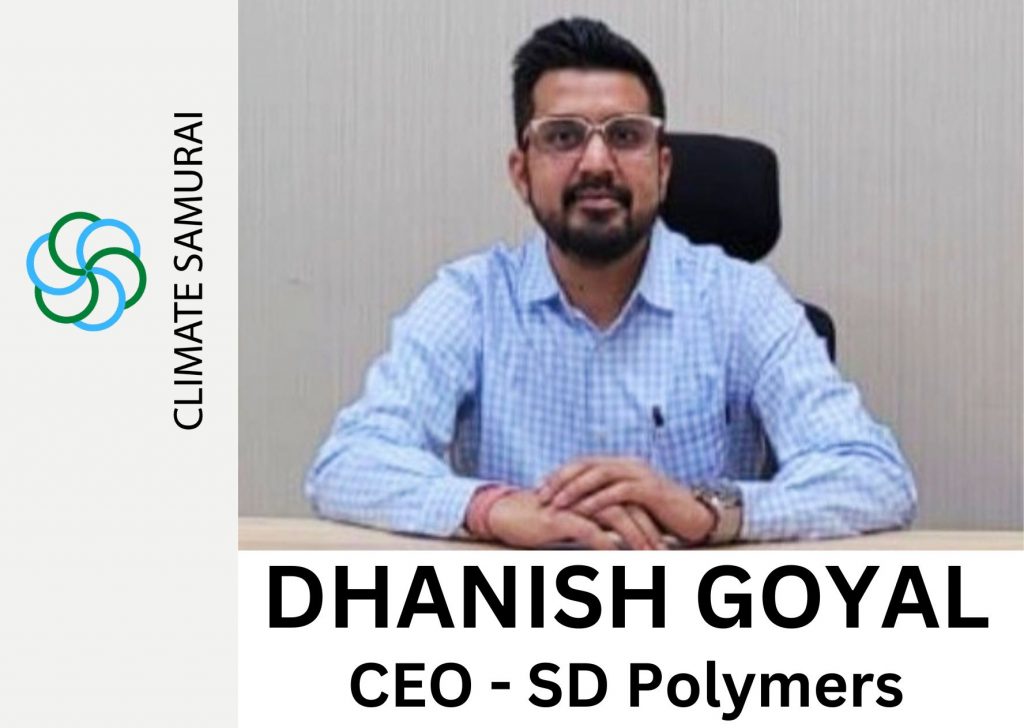Addressing India’s Plastic Waste Crisis: Challenges and Sustainable Solutions
With its growing population and fast urbanization, India has a big challenge: managing plastic waste. Plastic misuse and mismanagement have led to disastrous implications for the environment, public health, and sanitation. In this article, we will look at the critical issue of plastic waste in India, examine the existing situation, and propose sustainable solutions to pave the way for a cleaner, greener future.
Understanding the Scale of the Problem
Rapid industrialization and urbanization in India have contributed to an increase in plastic usage. Our reliance on plastic items has reached unparalleled heights, from packaging materials to single-use plastics. Unfortunately, plastic waste management has lagged behind its production, resulting in overflowing landfills, choked sewers, and contaminated aquatic bodies.
Plastic Waste Management: Challenges
Lack of Infrastructure:
India’s infrastructure for managing plastic garbage is undeveloped. Municipalities frequently fail to properly collect and dispose of plastic debris, resulting in cluttered streets and unregulated dumping in open places.
Informal Recycling industry:
The informal recycling industry is important for the management of plastic waste. However, the working conditions for waste pickers and recyclers are appallingly terrible. They frequently lack access to safety equipment and incur health hazards when working with dangerous chemicals.
Inadequate knowledge:
Lack of awareness among the general public about the hazards of plastic waste and the importance of responsible disposal is a significant challenge. Plastic waste often ends up in the wrong places due to ignorance.
Extended Producer Responsibility (EPR):
Under India’s EPR framework, manufacturers are required to manage their plastic waste. While this is a positive step, improved enforcement and stricter laws are required to make firms accountable for the lifetime management of their products.
The Way Forward
Reduce Plastic Consumption
To address the plastic waste crisis, India must prioritize reducing plastic consumption, which can be accomplished through measures such as banning single-use plastics, encouraging the use of eco-friendly alternatives, and promoting sustainable packaging solutions.
“Plastic Waste Management Amendment Rules, 2021 on 12 August 2021, prohibits the manufacture, import, stocking, distribution, sale, and use of the identified Single-Use Plastic items with effect from 1 July 2022.”
Improving Infrastructure
It is essential to invest in solid waste collection and management infrastructure. Municipalities must improve their ability to collect and sort plastic garbage properly. This involves increasing recycling capacity and establishing waste-to-energy plants.
Promoting Recycling
Recycling should be encouraged and made more accessible to the general people. Recycling awareness campaigns can emphasize the necessity of recycling and its good environmental impact. The informal recycling sector should likewise be formalized and improved working conditions offered.
Extended Producers Responsibility (EPR)
EPR requirements should be strictly implemented, and companies must accept responsibility for managing the waste of their products, including the implementation of take-back programs and the promotion of recyclable and biodegradable packaging.
India notified Guidelines for Extended Producer Responsibility on Plastic Packaging in February 2022, which mandates enforceable targets to producers, importers, and brand owners for (i) recycling of different categories of plastic packaging, (ii) reuse of identified rigid plastic packaging waste, and (iii) use of recycled plastic content in plastic packaging.
Education and Public Awareness
It is important to educate the public about the negative impacts of plastic waste. Governmental and non-governmental organizations should work together to implement public awareness campaigns, educational programs, and community projects to involve residents in responsible waste management.
In conclusion, plastic waste management in India is a serious concern, but there is potential for progress. We can move towards a cleaner and more ecologically responsible future by lowering consumption, improving infrastructure, boosting recycling, enforcing EPR, supporting innovation, raising awareness, enacting effective legislation, and seeking international collaboration. Through joint efforts from the government, industries, and the public, India can embark on a path towards more sustainable plastic waste management.
AUTHOR

Dhanish GOYAL , CEO Of SD Polymers


